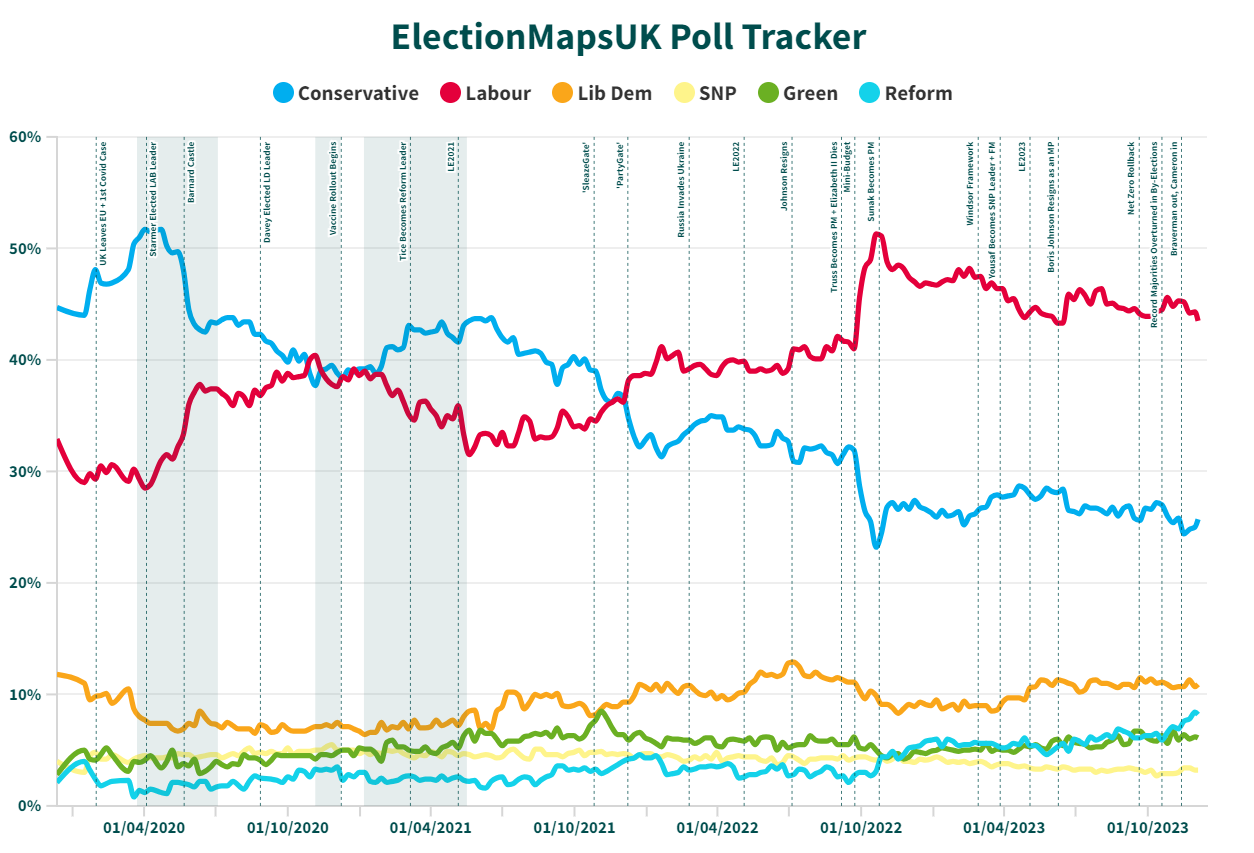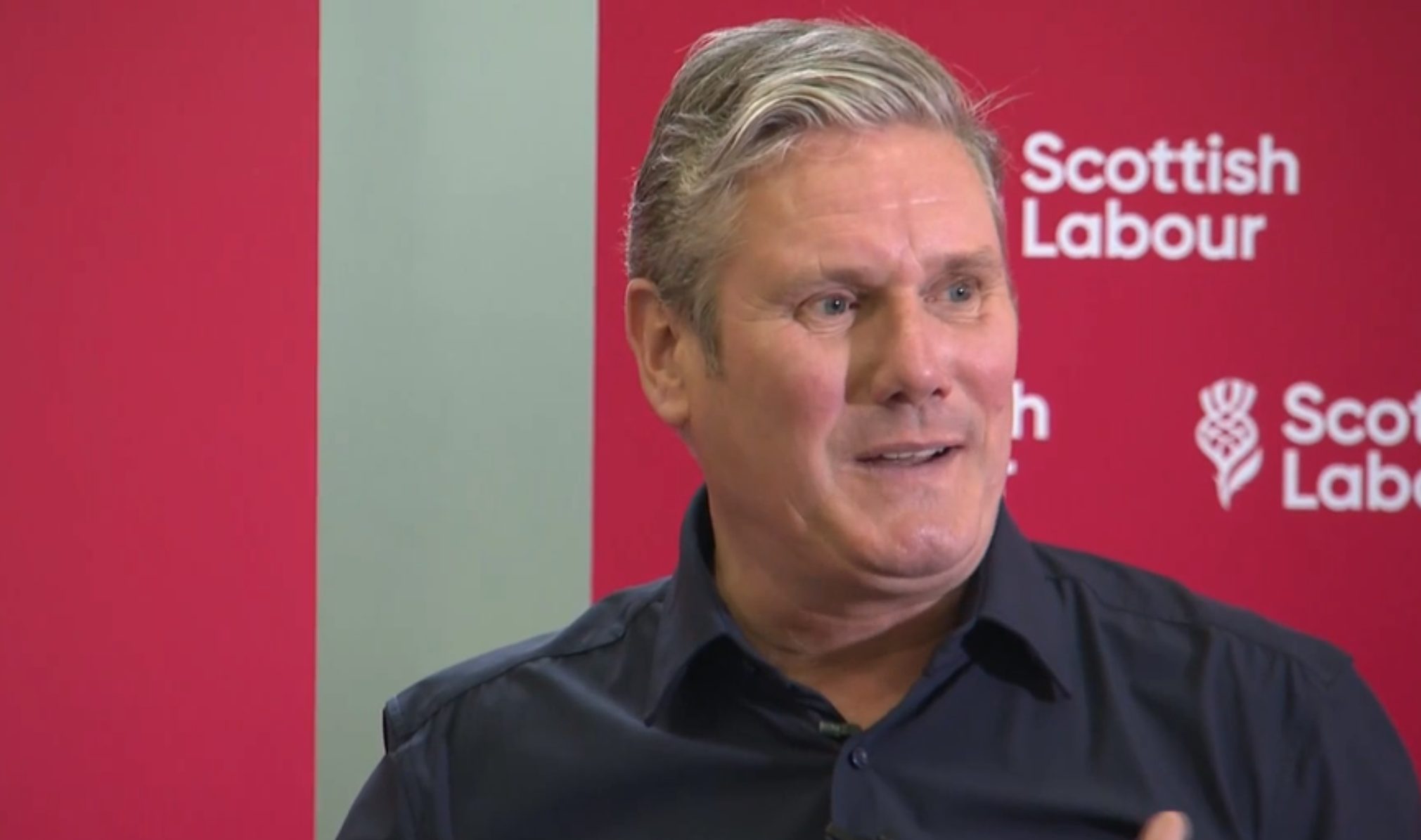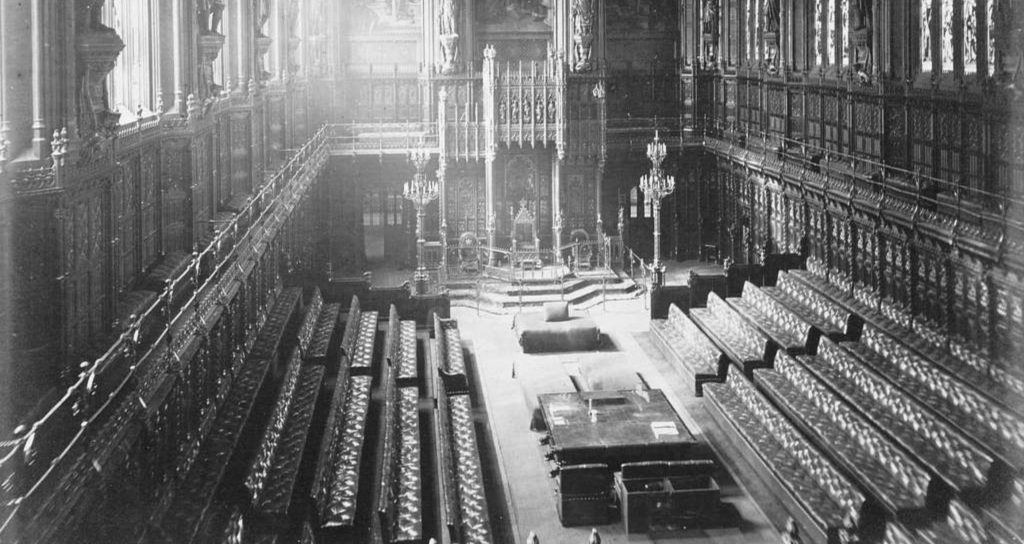When I was a political journalist, I had dinner with Alistair Darling and a fellow hack during Labour’s last conference before the 1997 General Election. It was the night before Tony Blair’s much-anticipated leader’s speech and I knew Alistair had been involved in it, Despite gently probing him for some of its Scottish contents, he politely brushed me off.
As the dinner came to an end, Alistair fessed up that he “knew” that a rival paper to mine “might have” a scoop on exactly what I was looking for and couldn’t tell me explicitly what it was but could, of course, give me some pointers if I was to ask him the right questions. There then followed a short game of ‘Yes/No’ which he enjoyed more than I did but which gave me enough to write some sort of story.
Many years later, I was very fortunate to work with Alistair on a development project in Edinburgh. After his untimely death last week, every tribute to him rightly mentioned how nice he was to just about everyone he met. It was a pleasure to see him again and get to know him a little. Alistair’s loss is first and foremost a tragedy for his family but also robs our country of a great statesman at a fascinating time.
Labour lead in the polls – 735 polls to be exact
Labour was in the grip of Jeremy Corbyn when I first started working with Alistair and while he despaired that it was far from power, and that the SNP remained out of reach in Scotland, in our chats he never lost faith that that would change. Times have indeed changed. Labour has just celebrated two years of being consistently ahead in the polls – that’s 735 polls in a row – and Keir Starmer seems increasingly likely to be our next Prime Minister.

Westminster voting intention since the 2019 General Election shows Labour with a strong lead over the last two years.
But during that revival, Labour in Scotland lagged a little behind those UK polls. In what feels like a pivotal moment, Labour has finally slipped ahead of the SNP in a Scottish poll for the first time in ages. If things progress, then it could take a majority of Scottish Westminster seats and even have Holyrood in its sights.
Now, if you’re looking at UK polls which show Labour so far ahead that Rishi Sunak can only see them through the Hubble Telescope, you may think Scotland doesn’t really matter in terms of who wins power at Westminster. You’d be wrong.
In the past Scotland was a Labour stronghold. But now…?
Alistair was elected to Parliament in 1987 when Scots dominated Labour at Westminster. For many years, from 1959 until 2015, Scotland delivered an increasingly big chunk of Labour MPs to the House of Commons and when the party took an awful hammering in the 1983, election, Scotland saved it from near oblivion, accounting for almost 25% of its 193 MPs. The hugely talented cabal of Scots who won seats in the 80s – Gordon Brown, Robin Cook, Alistair et al – became the heart of Labour’s success in 1997 and beyond.
But 2015 changed everything. Labour in Scotland was all but wiped out amid the SNP’s post-2014 referendum bounce. Just one Labour MP, Ian Murray was returned in 2015. They regained some ground in 2017 only to lose it again in 2019. Today, Murray remains the only Scottish Labour constant during that time and is now joined by one other MP following a by-election but, if the polls are to be believed, that number could well be into the 30s after the next General Election.
It’s clear Starmer recognises how important Scotland is as he and his shadow chancellor Rachel Reeves can’t keep away. While Sunak’s visits north of the border have all the trappings of someone doing a hit-and-run during the hours of darkness, Starmer is hosting packed dinners in front of hundreds of people and Reeves is hosting meetings with senior business figures.
How to remote control Scotland (or not)
Scotland is significant because support for Labour in England, in some of the Red Wall and beyond, can be fickle. A lot of those seats voted for Brexit and may be open to seduction by the Brexit Tory wing or they may help fuel a resurgence in support for Nigel Farage’s anti-immigration lot once he’s returned with £1.5m for showing his bum in the Australian jungle.
All of that could reduce the number of winnable seats in some English marginals and any number of events over the coming months could shift the dynamic. An improving economy, internal and damaging Labour wrangling such as was seen recently over the Middle East and a new, sensible, popular Tory leader. Ok, one of those is quite unlikely but it can’t be taken for granted.
The SNP is struggling to gain any traction in Scotland. Whatever bounce Humza Yousaf got from becoming First Minister has gone. The Scottish budget on December 19 will show how little room for manoeuvre the SNP/Green coalition has and its “blame it on Westminster” approach is wearing thin.
Starmer still has to be careful though. His recent “praise” for Margaret Thatcher may look clever in England but the anger it caused north of the Border was genuine. And trying to remote control Scotland would be a recipe for disaster and his oil and gas speech last summer was clumsy. Even Tony Blair was wise enough to leave Scotland to Gordon Brown.

How will Keir Starmer take on Scotland in the event of a successful election for Labour?
Labour is famous for managing to throw away an advantage
Labour’s Scottish resurgence is in no small part down to Anas Sarwar’s strong leadership of the Scottish party and carving out a distinct position that doesn’t just parrot London on everything. Starmer would be wise to accept there will be differences.
Between the General and Holyrood elections, a UK Labour government demonstrating tangible Scottish benefits, like GB Energy being Scotland-based and successful, could help propel Sarwar into Bute House.
If you think Labour taking back Holyrood after 20 years in opposition is still quite fanciful just look at the number of people who have spent the last couple of decades trashing the party and cuddling up to the SNP now rushing towards their new “friends” in Labour. Power, like love, clearly knows no boundaries.
Over the years, with the exception of the Blair era, Labour has shown it can easily throw away an advantage. We still don’t know some of the detail of Labour’s main policies – aside from warnings about a lack of money – and as we enter a new year, even its most ardent supporters are calling for more vision. Voters need something to vote for which is more than just being less bad than the previous lot.
I find it incredibly sad that Alistair won’t be around to see how that works out. I am sure though that while he’d be quietly pleased to see his beloved party on the verge of a Scottish breakthrough, he’d be the first one urging them not to get too carried away. Well, not just yet.





